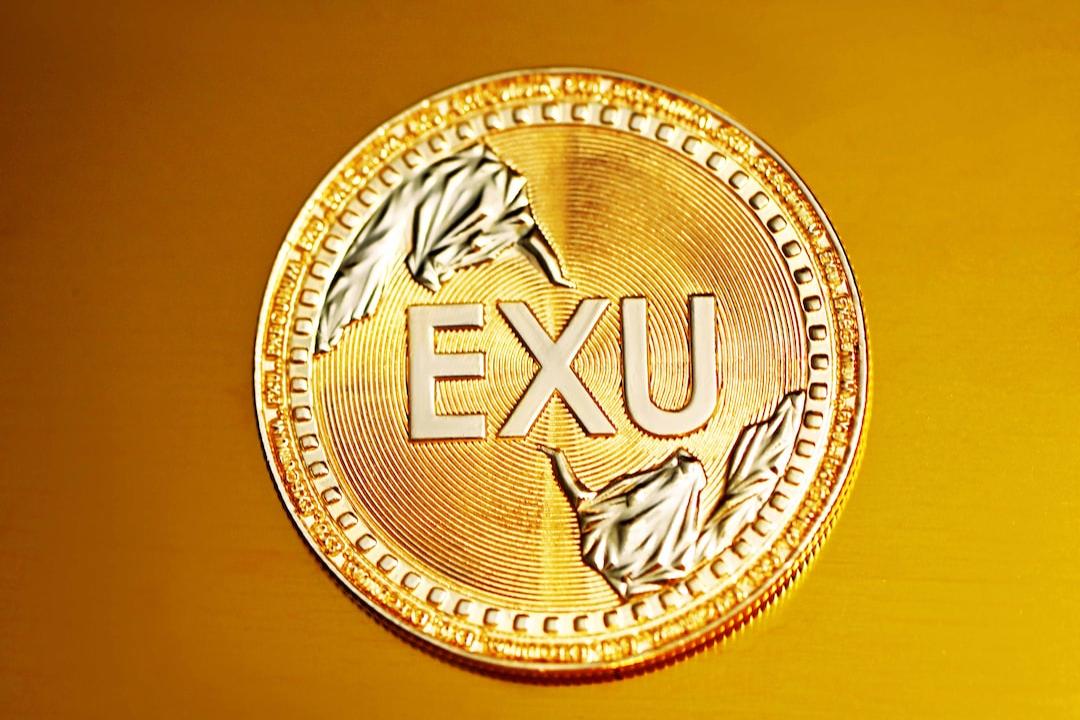Disclaimer: The author of this article expresses their personal views and opinions, which do not necessarily reflect those of crypto.news’ editorial team.
In the iconic opening scene of the film Blade Runner, a character named Holden conducts a fictional interpretation of the Turing test to determine whether Leon is a replicant, an android robot. To conduct the test, Holden tells Leon a story in order to elicit an emotional response. As the story unfolds, Leon becomes increasingly agitated, revealing his non-human nature.
While we may not be in the same dystopian world as Blade Runner, the integration of artificial intelligence (AI) and machine learning into our lives raises concerns about the authenticity of the AI models we rely on. This is where zero-knowledge proofs come into play. Zero-knowledge proofs allow one party to prove to another that a specific computation has been executed correctly, without revealing the actual data or requiring the verifier to redo the calculations. In simple terms, it’s like solving a sudoku puzzle: verifying the solution is easier than solving it.
The value of zero-knowledge proofs becomes apparent when computational tasks occur off-chain to avoid overwhelming a network and incurring high fees. With zero-knowledge proofs, these off-chain tasks can still be verified without burdening blockchains, which have computational limits due to the need for all nodes to verify each block. In essence, zero-knowledge cryptography is essential for securely and efficiently scaling AI and machine learning.
Machine learning, a subset of AI, is known for its intensive computational requirements. It relies on processing vast amounts of data to simulate human adaptation and decision-making. From image recognition to predictive analytics, machine learning models have the potential to transform numerous industries. However, these models also push the boundaries of computation. So how can we verify the authenticity of machine learning models using blockchains, where on-chain operations can be prohibitively expensive?
We need a reliable method to trust AI models. It’s crucial to ensure that the models we use have not been tampered with or falsely advertised. While it may not be a big deal if the quality of responses from an AI chatbot discussing sci-fi movies decreases, it becomes critical in industries like finance and healthcare, where accuracy and reliability are paramount. A single mistake could have severe global economic consequences.
This is where zero-knowledge proofs play a crucial role. By leveraging zero-knowledge proofs, machine learning computations can be executed off-chain while still being verified on-chain. This opens up new possibilities for deploying AI models in blockchain applications. Zero-knowledge machine learning (ZKML) allows for cryptographic verification of machine learning algorithms and their outputs while keeping the algorithms themselves private. This bridges the gap between AI’s computational demands and blockchain’s security guarantees.
One of the most exciting applications of ZKML is in decentralized finance (DeFi). Imagine a liquidity pool where an AI algorithm manages asset rebalancing to maximize yield and refines its trading strategies along the way. ZKML can perform these calculations off-chain and then use zero-knowledge proofs to ensure that the AI model is legitimate. This adds an extra layer of security, as it guarantees that the model used is the intended one. Additionally, ZKML can protect users’ trading data, preserving their financial confidentiality even when using publicly available machine learning models. The result? Secure AI-driven DeFi protocols with verifiable zero-knowledge proofs.
As AI becomes increasingly central to our lives, concerns about tampering, manipulation, and adversarial attacks grow. AI models, especially those involved in critical decision-making, must be resistant to attacks that could compromise their outputs. Trust and accountability are essential in a world where AI models are ubiquitous. As the number of models grows, so does the potential for attacks that undermine their integrity. This is particularly concerning in scenarios where the output of an AI model may not be what it appears to be.
By integrating zero-knowledge cryptography into AI, we can begin to build trust and accountability in these models. Just as an SSL certificate or security badge indicates that a website is trustworthy, there will likely be a symbol for AI verifiability—one that guarantees the authenticity of the model being used.
In Blade Runner, the Voight-Kampff test was used to distinguish replicants from humans. In today’s AI-driven world, we face a similar challenge: differentiating authentic AI models from potentially compromised ones. In the realm of cryptocurrency, zero-knowledge cryptography could serve as our Voight-Kampff test—a robust and scalable method to verify the integrity of AI models without compromising their inner workings. This way, we can ensure that the AI guiding our digital lives is precisely what it claims to be.
Read more:
Connect people and platforms: The identity-first path to decentralization | Opinion
Rob Viglione is the co-founder and CEO of Horizen Labs, a development studio behind several leading web3 projects, including zkVerify, Horizen, and ApeChain. He is deeply interested in web3 scalability, blockchain efficiency, and zero-knowledge proofs. His work focuses on developing innovative solutions for zk-rollups to improve scalability, reduce costs, and enhance efficiency. Rob holds a Ph.D. in Finance, an MBA in Finance and Marketing, and a Bachelor’s degree in Physics and Applied Mathematics. He currently serves on the Board of Directors for the Puerto Rico Blockchain Trade Association.

